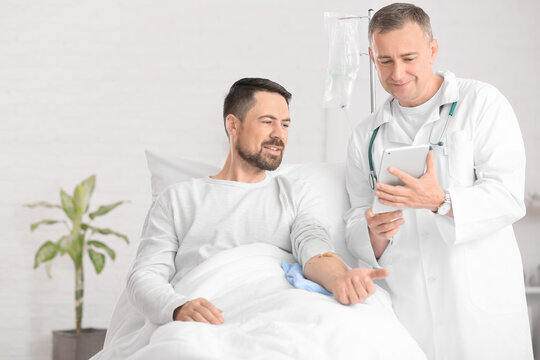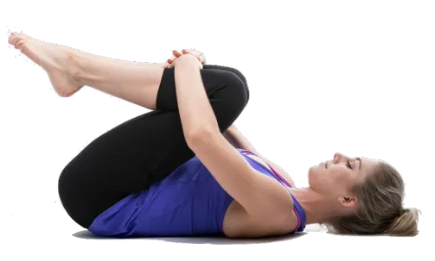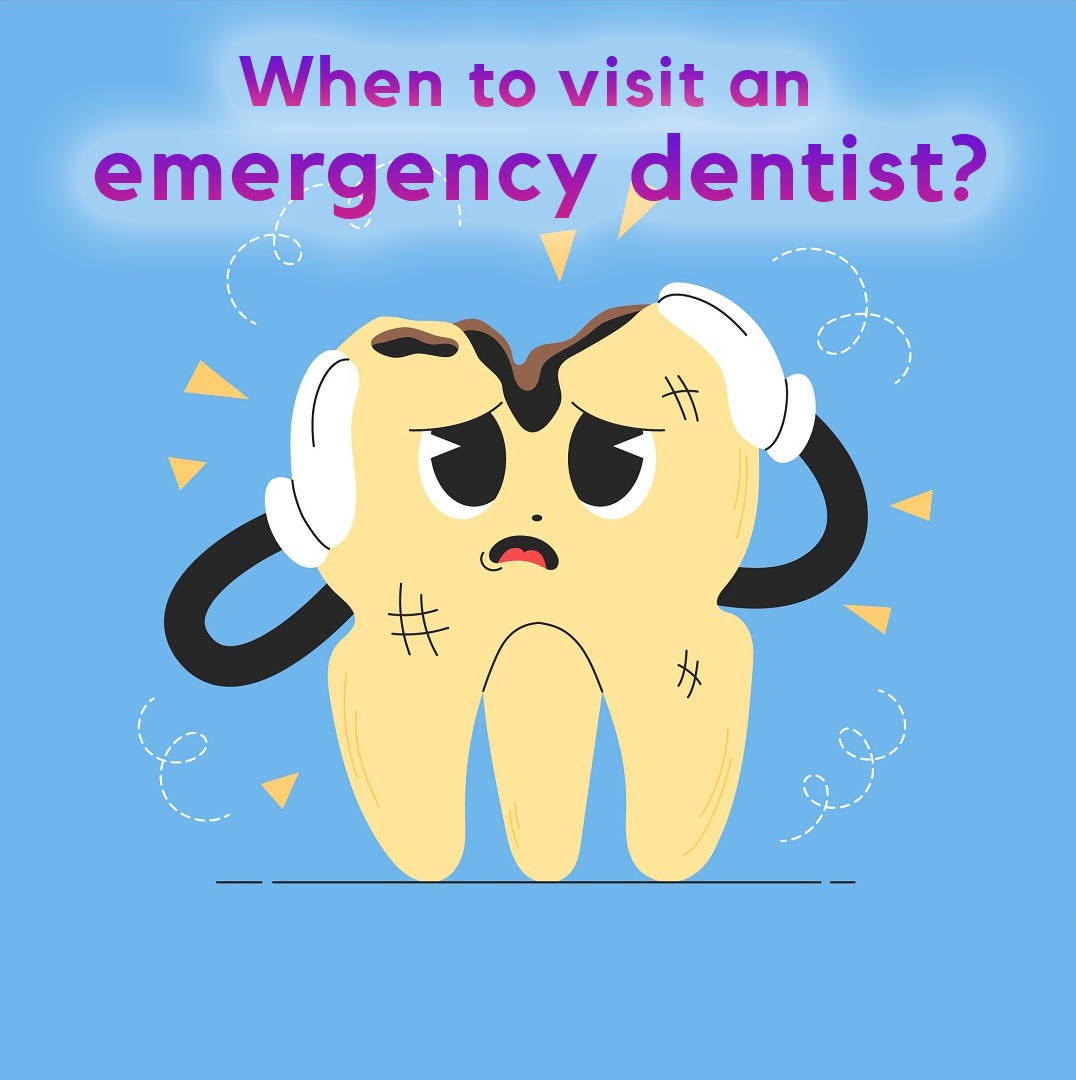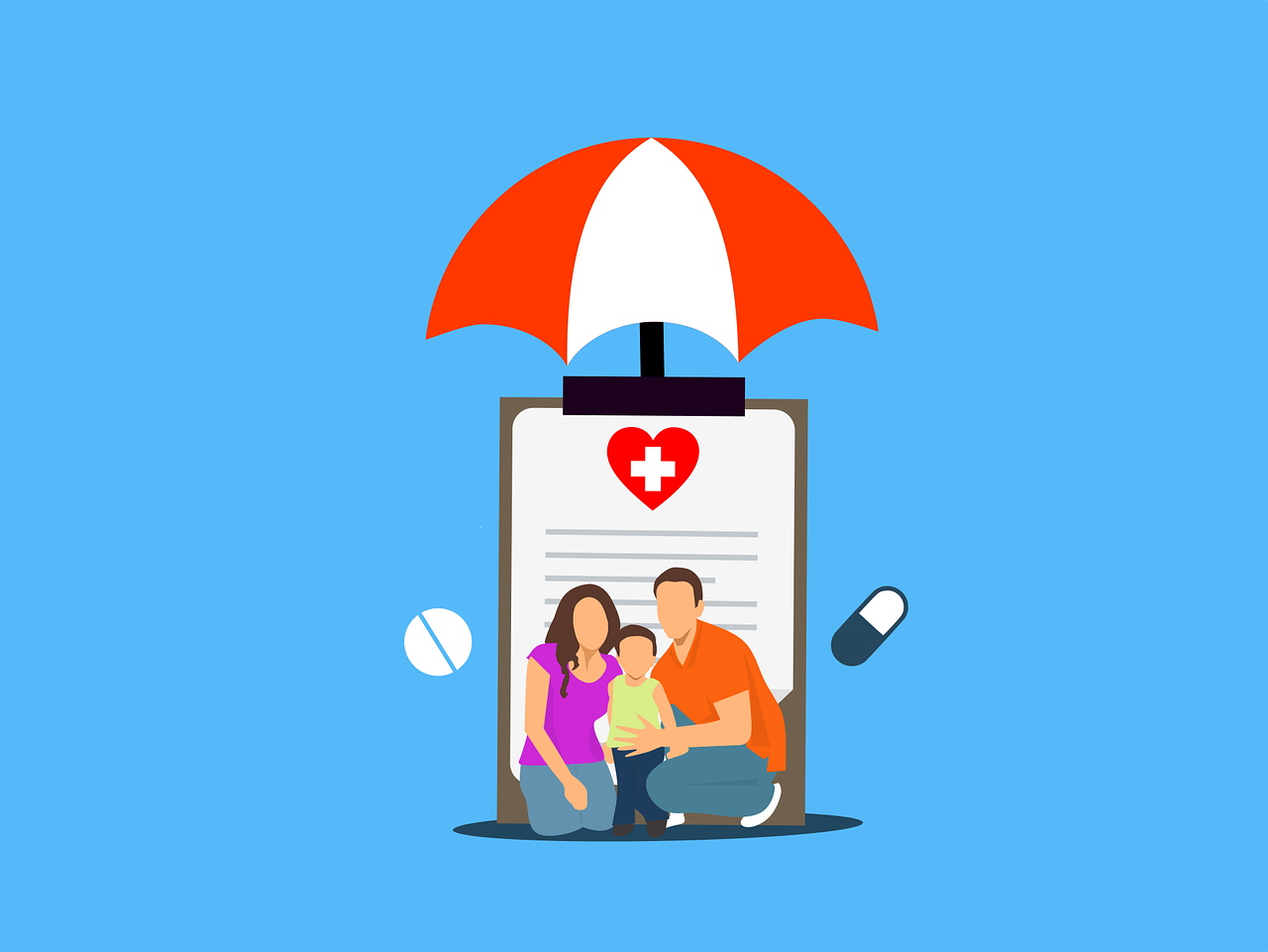Knee Pain at 25? Here's What Your Body Is Trying to Tell You
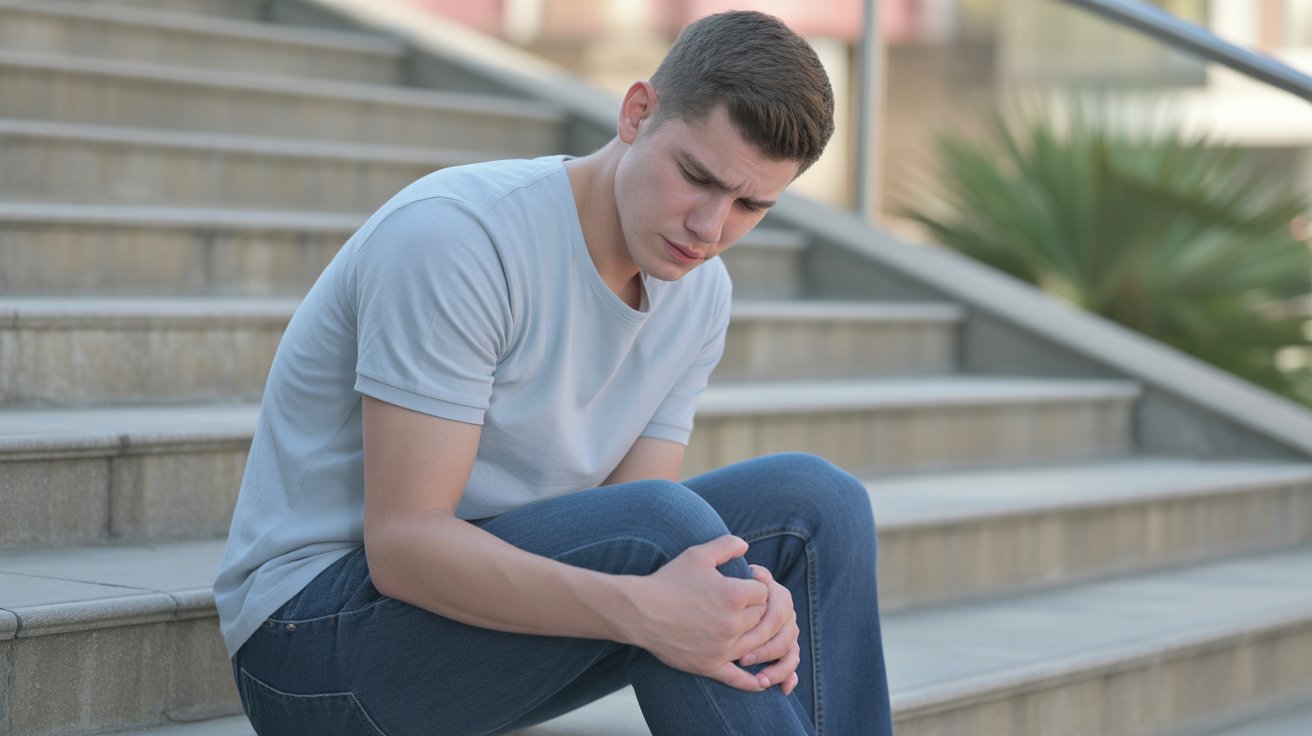
Strong 8k brings an ultra-HD IPTV experience to your living room and your pocket.
Why Do Young Adults Get Knee Pain?
Many people think knee pain only happens to older adults. But today, more and more young people feel knee pain—even as early as 25. This may occur to men and women. You may notice it while climbing stairs, sitting for long hours, or after a workout.
This is, in most cases, not major due to an injury. Rather it is as a result of lifestyle, posture or habits that gradually contribute to the destruction of the knee joints.
Common Reasons of Knee Pain at Young Age
1. Sitting Too Much
The numerous hours of sitting with or without bent knees can strain your joints. In case of sitting down and doing work or studying, without much movement, your knees can stiffen and be painful.
2. Poor Posture
poor-posture during standing, walking and exercise may alter weight-carriage of the body. This adds an additional burden on your knees.
3. Weak Muscles
The muscles that surround your knees such as thighs and hips have to support your knees. When these muscles are weak, your knees have to work hard. That causes pain, swelling or discomfort.
4. Injuries during Sports or in Gymnasiums
Your knee can be damaged when you make a sudden stop, quick movements that include hitting or moving heavy things without following the right technique. Such problems are typical of the youth who attend gyms and play sports.
5. Overuse
Doing the same movement again and again—like running, jumping, or squatting—can overwork your knee joints. This is called "overuse injury".
Warning Signs You Should Not Ignore
Some people think knee pain will go away on its own. But that’s not always true. Here are signs that mean you should take it seriously:
- Pain while climbing stairs or squatting
- Clicking or popping sounds from your knee
- Swelling or stiffness
- Pain that lasts more than a few days
- Feeling like the knee may "give out" or lock up
These symptoms may point to conditions like patellofemoral pain syndrome, ligament strain, or early signs of arthritis.
Easy Steps to Protect Your Knees in Daily Life
1. Move Often
Don’t sit in the same position for too long. Get up and stretch your legs every 30 minutes. It helps your joints stay flexible and keeps the blood moving well.
2. Strengthen Your Muscles
Do simple exercises to build strength in your thighs and hips. Try squats, lunges, or bridges—just make sure to do them with proper form.
3. Fix Your Posture
Sit straight, stand tall, and avoid slouching. Use chairs that support your back well. Keep your feet resting flat on the ground when you sit.
4. Wear the Right Footwear
Shoes with poor support can affect your knees. Use cushioned, supportive shoes—especially if you walk or run a lot.
5. Warm Up Before Workouts
Never skip your warm-up. Gentle stretching and light movement prepare your joints and prevent injury.
What If the Pain Still Doesn’t Go Away?
If knee pain continues or gets worse, it’s time to see a doctor. Delaying treatment can lead to long-term joint damage. A good orthopaedic doctor can find out what’s causing the problem and give the right care.
In some cases, doctors may recommend physiotherapy, supportive knee braces, or minor procedures to ease the pain. If you're in Kerala and need expert help, cities like Kochi, Kozhikode, and Thiruvananthapuram offer trusted care options. These hospitals understand the lifestyle and recovery needs of younger patients and help protect long-term knee health.
Don’t Let Pain Stop Your Life—Take Charge Today
Your knees support everything you do—walking, running, sitting, and more. At 25, you should feel active and pain-free, not limited by joint pain.
If you're experiencing regular knee discomfort, don’t ignore it or wait too long. Start with simple steps like moving more, improving your posture, and strengthening your body. And when needed, seek professional medical advice early.
At Sunrise Hospital, Kochi, we offer advanced orthopaedic care designed specifically for young adults. Whether you're dealing with sports injuries, postural issues, or early joint strain, our expert team provides modern treatments, physiotherapy support, and minimally invasive procedures that promote faster recovery.
Widely recognized as the best ortho hospital in Kochi, Sunrise Hospital brings together experienced specialists and cutting-edge technology to deliver long-term joint care you can rely on.
Your knees are meant to move—let us help you keep them strong, healthy, and pain-free.
Note: IndiBlogHub features both user-submitted and editorial content. We do not verify third-party contributions. Read our Disclaimer and Privacy Policyfor details.




